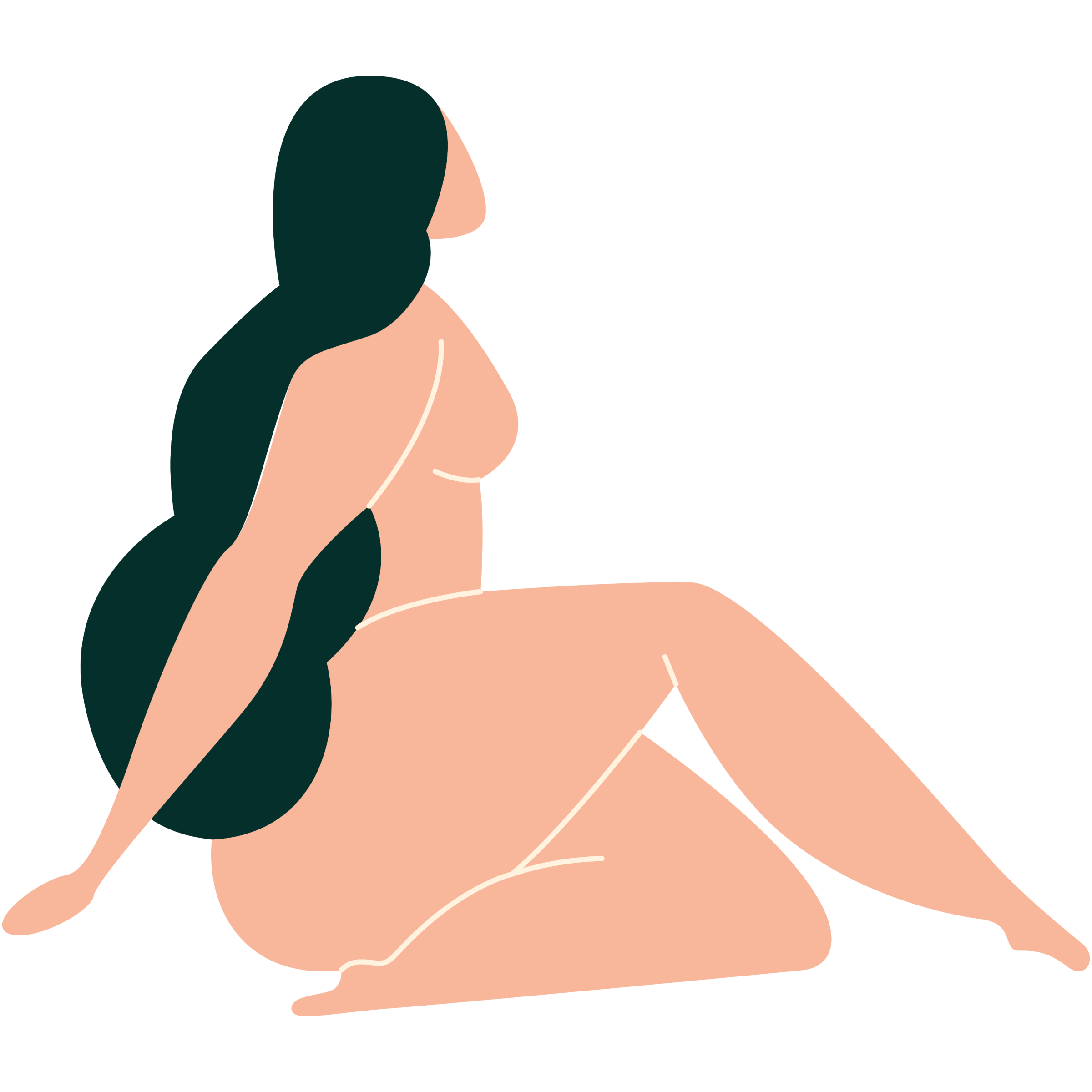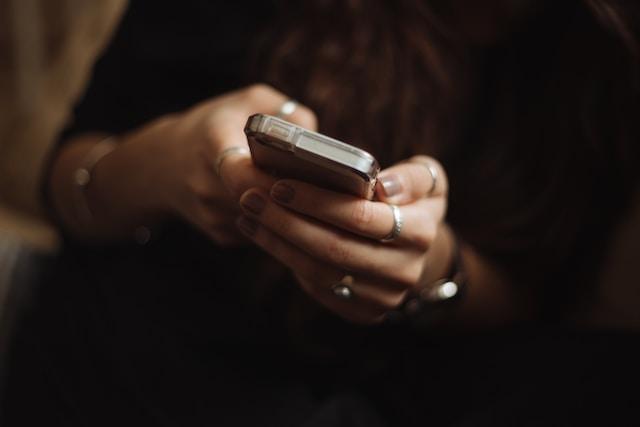
Body
Get to know your body through a better understanding of your anatomy and find the answers to some of your most common questions.

How many times have you found yourself turning to Google for the answers to your most-pressing period questions? We understand first hand the frustration of searching for what should be accessible, easily understandable information around menstruation. That's precisely why we've compiled the most frequently asked questions about periods, providing clear, insightful answers to each one. Our goal? To equip you with knowledge, debunk myths, challenge stigmas, and promote an open dialogue around menstruation.
Before we dive in, it’s important to remember that every woman’s experience with periods is unique, and seeking professional medical advice is essential for personalized guidance.
We hope you find the answers you’re looking for!
Because of a lack of information about what a period actually is and because of the stigma around menstruation, young girls grow up with the feeling that their periods are shameful and dirty and should be hidden. This is far from the truth. Think about it this way: your menstrual flow is your uterus shedding its lining. This is the same place where a baby is nurtured and grown if an egg is fertilized. There’s nothing dirty about it.
While there’s no denying that there is a shift in hormones that happens during our menstruation and causes differences in emotions, thoughts, and energy levels, we should be more careful about using the term Premenstrual Syndrome (PMS). In fact, experts have failed to reach a consensus on what the term actually means. Dr. Stein DeLuca argues that while some women feel symptoms like negative moods and thoughts, it doesn’t amount to a disorder or condition. It’s important to note that the term PMS has been used across generations to discredit women and contribute to stereotyping them as irrational and emotional beings. Learn why this term is harmful for women here.
Though period sex can be a bit messy, it is safe. For some, it can even be more pleasurable and even help in relieving cramps. In some instances, the pH level of your vagina changes during menstruation, which means that you might be more likely to contract a yeast infection if you have sex on your period. Reminder: If you choose to have period sex, you’ll still need to use contraception (see next question) and protection for STIs.
Yes, you can get pregnant if you have unprotected sex during your period. Because an egg can live up to 24 hours and sperm for about three days, a woman with a shorter cycle is at risk of getting pregnant even if she’s menstruating when she has sex. A period cannot be used as a birth control method. Instead, choose a reliable contraception method to protect against unwanted pregnancy.
Absolutely. Taking a shower or a bath or going for a swim on your period is completely safe and doesn’t affect your flow. In fact, a relaxing hot bath can relieve period cramps and lower-back pain.
You may experience variations between one cycle and another. This is completely normal. Your period may be late for a number of reasons including changing your birth-control method, starting new medications, stress levels, or extreme weight loss/gain, among other things. However, if you haven’t gotten your period in over 90 days, consult your doctor.
The most frequently searched questions about periods reflect the importance of open dialogue and education surrounding this natural bodily process. By addressing these inquiries head on, we can debunk myths, alleviate concerns, and embrace our menstrual health.
Remember, there's no shame in asking questions about periods. In fact, it’s a crucial step towards dismantling the taboo and promoting menstrual health.
Did you find the answer you were looking for? Is there something we missed? What did you think of this resource? We want to hear from you.
